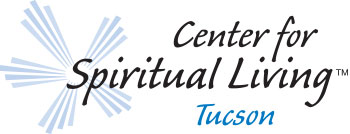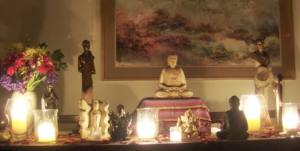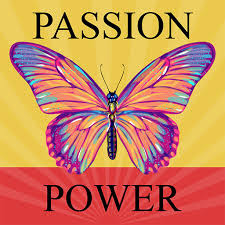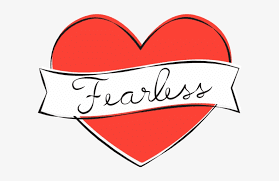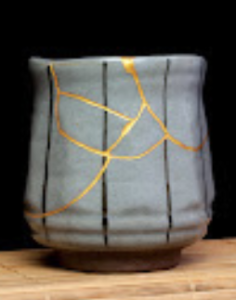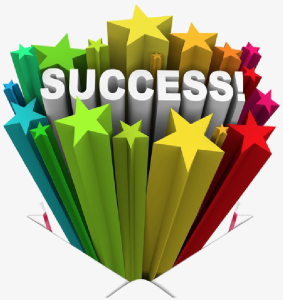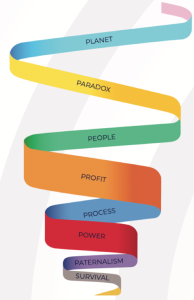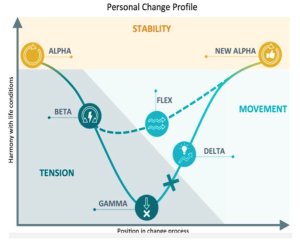Falling into Place
In June I took a meditation retreat in Colorado Springs with Dr. Roger Teel, who led Mile Hi Church for 25 years. I have enjoyed watching his online talks and when he mentioned his mediation retreat, I knew I wanted to go. I looked online and when registra6on for the workshop opened, I immediately signed up.
The workshop was at the Franciscan Retreat Center in the foothills of Rockies. The setting was lovely, with big trees, old buildings, and lots of space to wander. There were deer roaming freely. One morning I went to get my journal out of my car and there was a deer five or six feet away from the driver’s side. I unlocked the doors with the remote and the deer lifted its head then returned to eating. I opened the passenger door and rooted around for my journal. When I looked out through the driver’s side windows there were three deer looking at me as if they were wondering what I was doing. What a treat!
The workshop consisted of lectures, stories and lots of time meditating using a variety of techniques, and free time to walk around the grounds and contemplate. It was liberating to have 3 days where I didn’t have to think about anything, as our days were scheduled, meals prepared.
Going to the retreat jump started my meditation practice. The app Insight Timer has kept track of my meditations and I have reached 60 days in a row. I have given myself the rules that I can’t have coffee or open my Fitbit app to see what my sleep score until I sit. Those boundaries are working for me. After sitting the rest of my day seems to fall into place and I’m more productive since I have been consistent with my practice. Taking the retreat, was a treat, an immersion I highly recommend. Here’s a little taste of the workshop: Affirmation Meditation for JOY – Dr. Roger Teel.
–Maria
